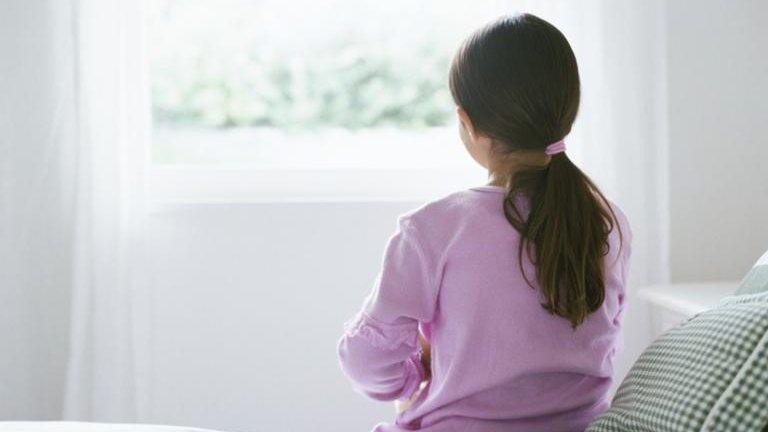Child mental health services 'face overhaul'
- Published
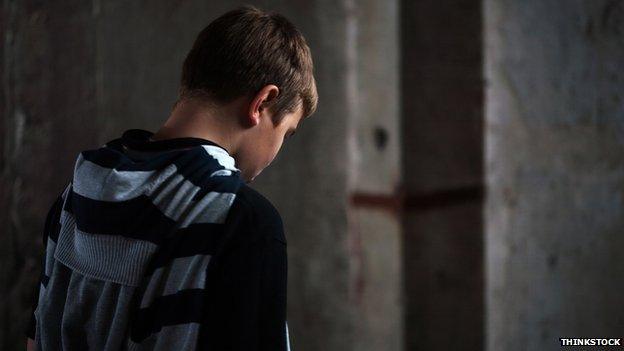
Mental health services for children and young people in England need a "complete overhaul", says the government.
It follows a review of services by a government taskforce which has found that too many young people are not getting the help they need.
Growing numbers are also presenting with increasingly complex and severe problems, it says.
In response, ministers have made a five-year plan to improve services.
The measures - based on the recommendations of the taskforce - are being set out by Care Minister Norman Lamb, who has talked openly about his son's mental health and addiction issues.
He says a "complete overhaul" is needed.
Norman Lamb: "A once in a generation" opportunity to improve mental health services for children and young people
"I want to change the way we think about mental health care so that any child, whether they have a mental illness or simply need support through a difficult time, can get the right help at the right time," says Mr Lamb.
The announcement comes after Deputy Prime Minister Nick Clegg said at the weekend there would be an extra £1.25bn for mental health in this week's Budget.
A large chunk of this will be spent on ensuring that by 2020, an extra 100,000 children and young people get help.

Child mental health in numbers

28% of pre-school children face problems that have an impact on their psychological development
One in 10 five-to-16-year-olds has a mental disorder
One in six young adults aged 16-24 has a common mental disorder
About 500,000 children and young people say they are unhappy and dissatisfied with their lives
75% of adult mental health problems are present before age of 18

The report of the taskforce, led by senior officials at the Department of Health and NHS England, sets out how that can be achieved.
It is highly critical of the way services are currently run, saying that too often, the lines of responsibility for services are blurred between councils and the NHS.
It also says the rising number of referrals accompanied with the squeeze on budgets has led to increasing delays for treatment.
Previous research has shown fewer than 35% of young people with mental health problems actually get help.
Andy Burnham: "Children's mental health is the poor relation of the poor relation"
In particular, the taskforce highlights the increasing rates of young women with emotional problems and the "variable" access to crisis care and psychiatric services across the country.
Investigations by BBC News and the online journal Community Care last year revealed an increasing number of children were being treated on adult wards while others were travelling hundreds of miles to get care.
Host of measures
To tackle the problems, the report is recommending a host of measures which will be accepted by ministers. These include:
A comprehensive set of waiting-time targets for services
The launch of a hard-hitting anti-stigma campaign
One-stop shop services in the community to direct young people to places that can help
Continued support throughout teenage years and into the early 20s to avoid the "cliff-edge of lost support" at 18
Greater use of online tools and apps to encourage self-help
Improved care as close to home as possible for children and young people in crisis
Extra training for GPs and other who work with children, such as staff in schools
Dr Martin McShane, one of the lead officials on the taskforce, said the review would lay "the foundations" for the future.
Young Minds chief executive Sarah Brennan said: "The current system is too fractured, too complex and too under-resourced. Without change, it will continue to fail child after child and family after family.
"What matters now is that we see progress on implementing the recommendations."
Shadow health secretary Andy Burnham called the current situation a scandal and said mental health had become a "national emergency".
Simon Stevens, head of NHS England said: "There is now a welcome national recognition of the need to make dramatic improvements in mental health services. Nowhere is that more necessary than in support for children, young people and their families. Need is rising and investment and services haven't kept up."
- Published14 March 2015
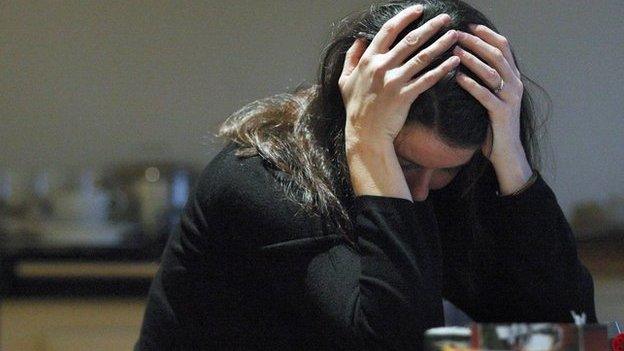
- Published19 February 2015
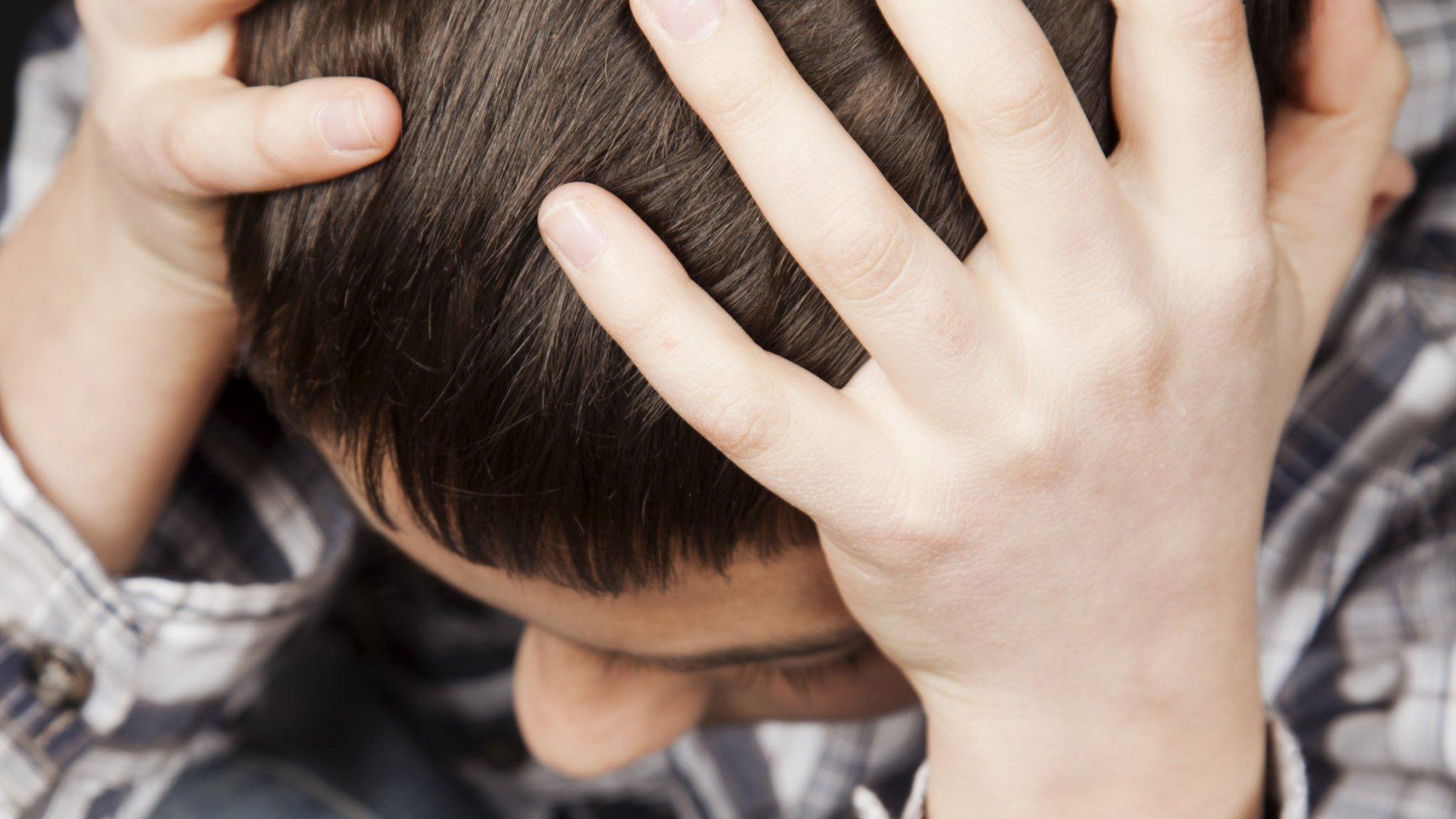
- Published16 March 2015
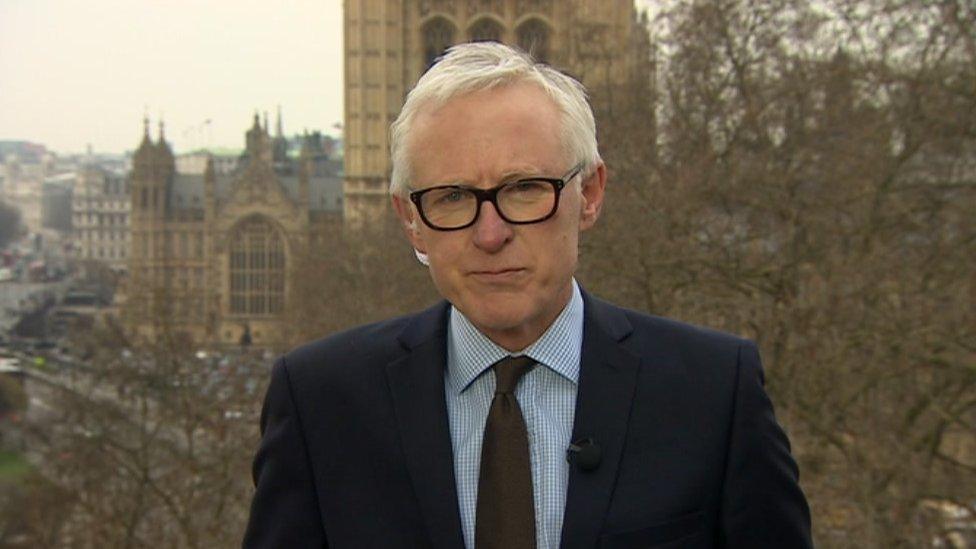
- Published9 January 2015
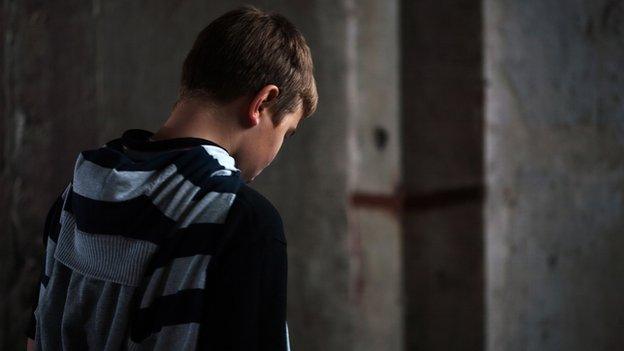
- Published7 January 2015
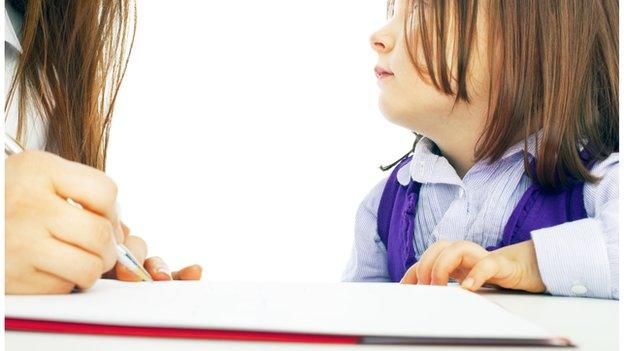
- Published7 January 2015
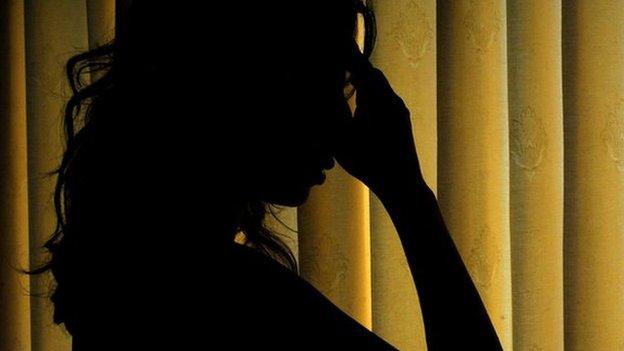
- Published20 June 2014
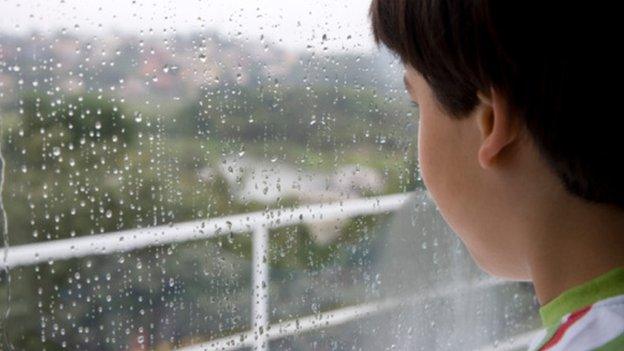
- Published20 February 2014
